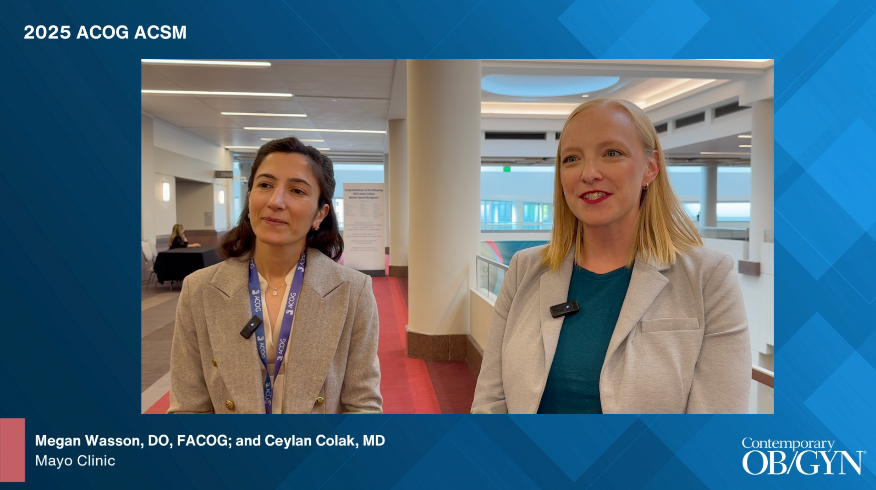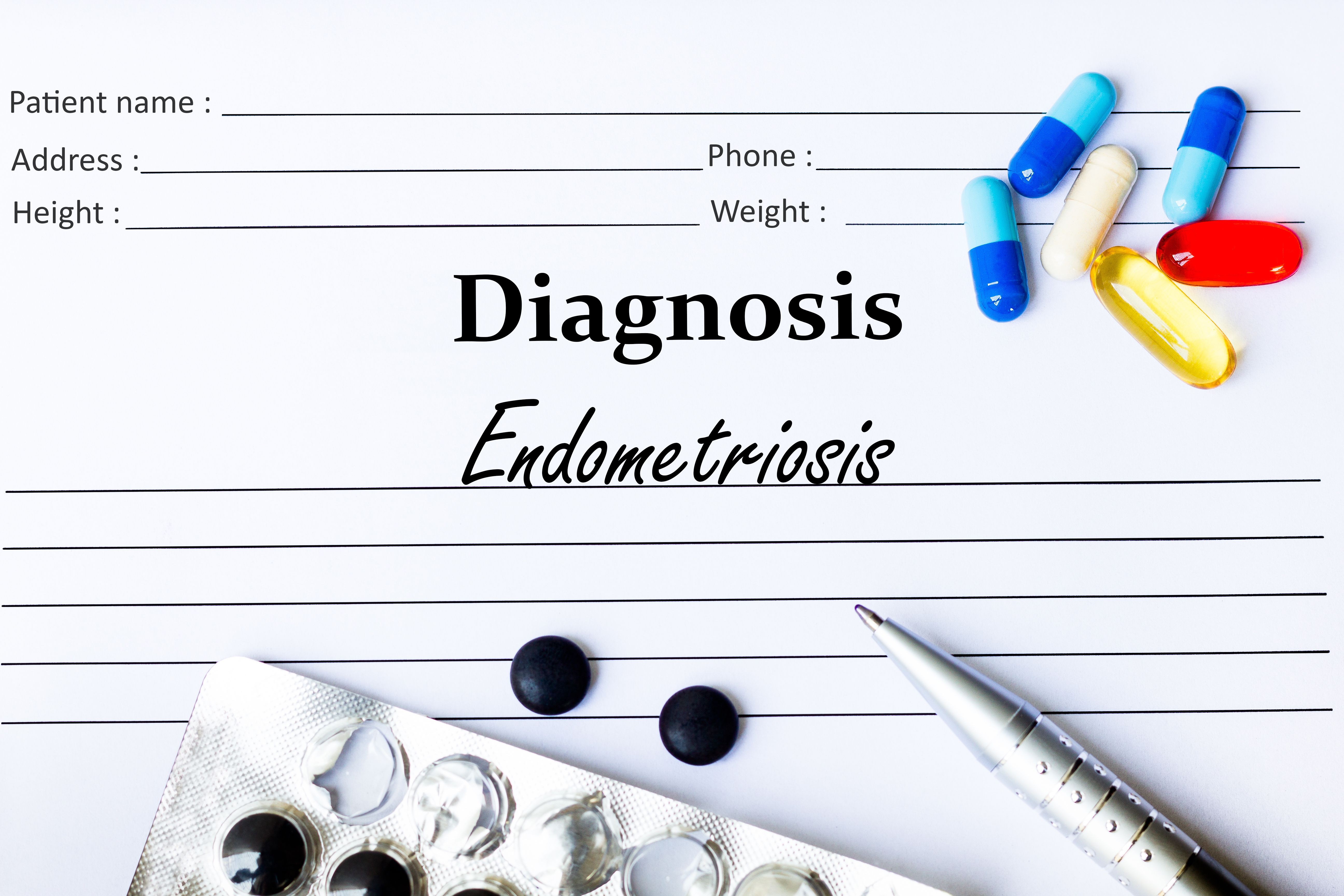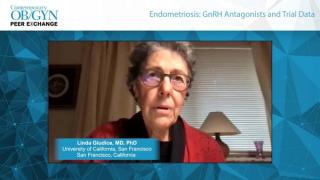
Endometriosis
Latest News
Latest Videos

CME Content
More News

Review some of the top stories from the Contemporary OB/GYN website over the last week, and catch up on anything you may have missed.

A new study highlights that endometriosis diagnosis takes an average of 5 to 12 years, underscoring the need for improved diagnostic approaches to address patient suffering and health care burdens.

A new study underscores the critical need for gynecologists and mental health professionals to collaborate in managing anxiety, depression, and sexual dysfunction in women with endometriosis, driven by chronic pain and related comorbidities.
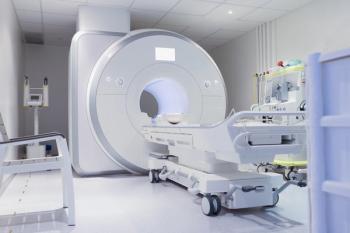
A recent study highlights the frequent occurrence of incidental findings on pelvic magnetic resonance imaging for endometriosis, emphasizing the need for radiologists to focus on those with higher clinical significance.

Review some of the top stories from the Contemporary OB/GYN website over the last week, and catch up on anything you may have missed.
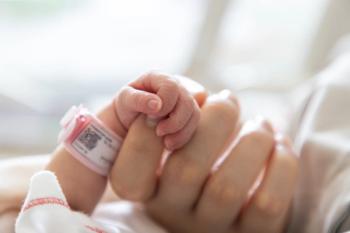
In a recent study, similar preterm birth rates were reported between patients with endometriosis and those without endometriosis.

Recent research highlights a potential connection between dietary vitamin B6 intake and the development of endometriosis, suggesting a role for diet in managing the condition.

Review some of the top stories from the Contemporary OB/GYN website over the last week, and catch up on anything you may have missed.

In a recent pilot trial, endometriosis-related visual-analog scale and quality-of-life scores were improved during anakinra treatment cycles vs placebo cycles.

A recent study suggests that postoperative endometriosis patients experience improved quality of life through hormone therapies guided by optimizing treatment based on individual hormonal receptor profiles.

Review some of the top stories from the Contemporary OB/GYN website over the last week, and catch up on anything you may have missed.
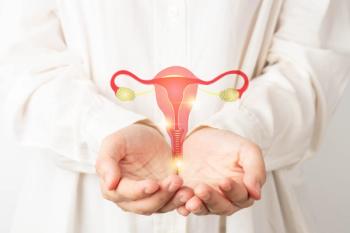
Women with ovarian endometriomas or deep infiltrating endometriosis face a significantly higher risk of ovarian cancer, highlighting the need for increased awareness and research into these associations.

Review some of the top stories from the Contemporary OB/GYN website over the last week, and catch up on anything you may have missed.

Serac Healthcare’s 99mTc-maraciclatide, a new radio-labelled tracer, gains FDA Fast Track Designation for its potential to improve non-invasive diagnosis of superficial peritoneal endometriosis in patients aged 16 and older.

Review some of the top stories from the Contemporary OB/GYN website over the last week, and catch up on anything you may have missed.

A study revealed that women with endometriosis are significantly more likely to develop mental health issues, including depression and anxiety.

Experts recommend early referral to specialized centers for adolescents with dysmenorrhea to ensure timely diagnosis and treatment of potential endometriosis, preventing disease progression and preserving fertility.
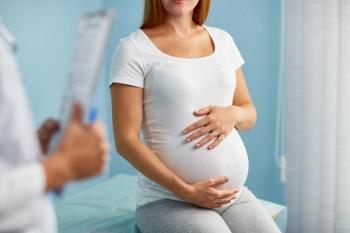
A new study presented at the 2024 ACOG meeting reveals a significant rise in endometriosis among pregnant women over the past 20 years, linking the condition to increased obstetric and neonatal complications.

A recent study unveiled the sustained safety and efficacy of relugolix combination therapy over 2 years.
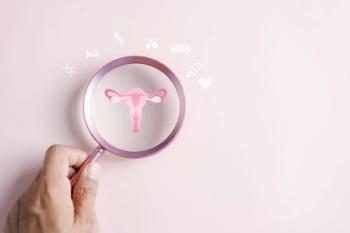
A recent study revealed that women with endometriosis not only face a mean delay of 7 to 11 years in diagnosis but also suffer from increased menstrual, mental health, and other pain symptoms, impacting their overall well-being and quality of life.

Review some of the top stories from the Contemporary OB/GYN website over the last week, and catch up on anything you may have missed.
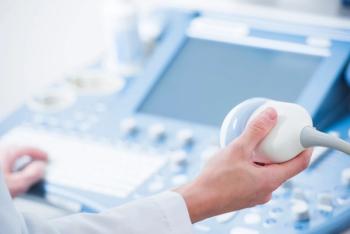
Findings and significance for gynecologic surgeons.

Steven R. Goldstein, MD, discusses holes in clinicians' understanding of the endometrium, and how these knowledge gaps can be remedied.

In a recent study, women with a history of dysmenorrhea were at a significantly increased risk of endometriosis.

In a recent study, a lower pain-related quality of life was found in patients with preoperative pelvic pain conditions after surgery.


